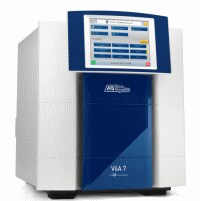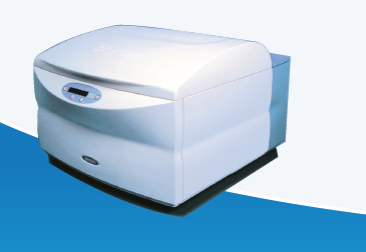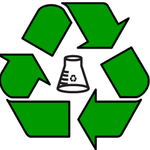Boston University Core Facilities
There are numerous core facilities to support our research including flow cytometry, microarray and sequencing, and histology. For a full list of research cores please see these pages: BUSM Cores.
Our Departmental Resources & Cores:
Our Department houses additional large equipment that are shared or serve as cores including qPCR, Confocal, and Mass Spectrometry. Please see detailed information below.
qPCR
The Department has several ABI qPCR machines that are available on a sign-up basis located on K1 and K6.

LiCor Odyssey Imaging System
The Department has a LiCor Odyssey imaging system in K2 that is used for multicolor fluorescent imaging of Western blots.
Confocal Microscopy Facility
The Confocal core facility provides confocal microscopy services for cell imaging and analysis, as well as assistance in project/ experiment planning. There are currently several confocal microscopes including scopes with environmental chambers. The instruments were purchased off NCRR grants and are available for the use of faculty, postdocs, students and technicians after training.
• Information and contacts are here BUSM Confocal Core facility.
• Additional imaging resources are available in the Cellular Imaging Core

Zeiss LSM 880 Laser Scanning Confocal Microscope with Airyscan arrived in January 2016!
Center for Biomedical Mass Spectrometry
The BUSM Center for Biomedical Mass Spectrometry is engaged in the development and application of mass spectral methods for biology and medicine with primary emphasis on studies of oligosaccharides and glycoconjugates. Our laboratories are supported by the NIH National Center for Research Resources.
Our mission is to pursue sophisticated mass spectrometry in an environment with close interaction with life scientists and physicians. Faculty are members of the Department of Biochemistry and the Division of Graduate Medical Sciences at the Boston University School of Medicine. The goals of the resource are to:
- Advance mass spectrometric methods and instrumentation to meet the needs of biochemistry and medicine,
- Identify new areas appropriate for mass spectrometry in the health sciences and to develop new approaches using this technology,
- Apply cutting edge mass spectrometry to solve critical questions in the life sciences,
- Train students, postdoctoral fellows and practicing scientists in mass spectrometry, and
- Educate the community about modern mass spectrometry and to encourage its wide and appropriate use.
Visit the Center for Biomedical Mass Spectrometry for more information.
Sustainability in Biochemistry Research
There are numerous opportunities for sustainable actions in the laboratory, office, and break rooms.
 For more information please see Boston University’s Sustainability page. Sustainability is more than just recycling!
For more information please see Boston University’s Sustainability page. Sustainability is more than just recycling!
If you have a specific question about Biochemistry Sustainability please contact: Matthew Layne
General Recycling information:
BUSM has single stream recycling and items should be placed in the large blue barrels on every floor.
What can and cannot be recycled is located on posters next to barrels and additional information on here:
- Cans & Bottles
- Paper
- Cardboard
- Ink, Toner, & Batteries note collection area is on K2 next to copier
Laboratory Recycling: certain items gathered in laboratories can be recycled. Of course these are items that are clean and free from any chemicals, biologicals, etc. Mostly these items are catalogs, glove boxes, clean tip boxes. More information here LabRecycling
Laboratory Equipment Exchange: Do you have working equipment that your lab no longer needs? Before you buy something new please check this page if it is available for free! Equipment exchange
Computer Energy Saving & Recycling: Please adjust your computers to be off when not in use. This is especially true for lab computers which do not require automatic updates. Guidelines and instructions are here:Computer Energy. There are opportunities for giving away working computers as well as recycling those machines that are no longer function. Information here:
Green Office program: The Green office program provides guidance and suggestions for making your work environment more sustainable. If you would like help or need more information You can download the survey here. Please contact us at GreenOffice@bu.edu if you are interested in getting your office certified.
Biochemistry & Cell Biology Swap Shop